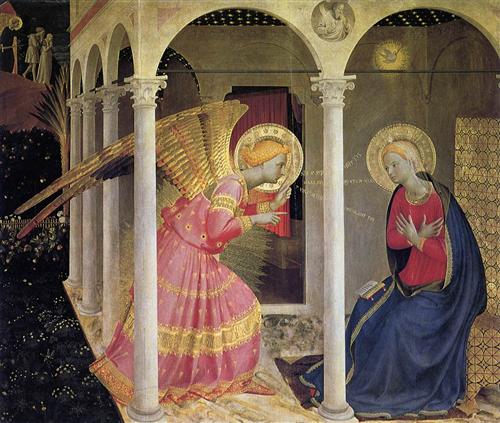Jesus was accused of blasphemy which was punishable by
stoning. It was a serious crime then and it is for us today also a very grave
sin. Sadly it is all too common for us to hear people uttering blasphemous
words and sentiments in everyday speech; we need to be very careful indeed
about our own speech with this regard because we can easily put ourselves out
of a state of grace.
Because of its gravity and because it is so common, we need
to be clear what the sin is and what to do if we commit it.
You shall not take the name of the Lord your God in vain. Ex 20:7; Dt 5:11
Blasphemy is a sin against the love of God and opposes the
second commandment. It is any uttering against God. This uttering can be silent
and within, as well as audible. And it does not affect the gravity of the sin
whether others can hear it or not. Any words of hatred, reproach or defiance
against God are blasphemy. It can be speaking ill of God. It can be failing to
respect God in one’s speech. And of course blasphemy is misusing the name of
God, not least in a curse.
Blasphemy also extends to language against Christ’s Church,
against the Saints, and against sacred things or places. It is also blasphemous
to use God’s name to cover up criminal practices, to reduce people to
servitude, to torture persons or put them to death. Blasphemy is contrary to
the respect and honour due God and His holy name.
Blasphemy is intrinsically a grave sin. Some sins are
intrinsically grave, and this means that whatever the circumstances are, and
whatever the motives for sinning are, it is an act which in and of itself is
gravely sinful. We cannot talk our way out of it!
So blasphemy’s intrinsic gravity means that if we commit
that sin knowing it is sinful and we were not pressurised* into it, we have
committed mortal sin. By this sin we have cut ourselves off from God, turned
away from Him and destroyed charity in our heart. In the state of mortal sin we
can only be brought back by a new initiative of God’s mercy – that is, through
the sacrament of Penance. In the state of mortal sin we may not receive the Blessed
Sacrament of the Altar without bringing condemnation on ourselves and
committing sacrilege.
If we realise we are a blasphemer we need to repent as soon
as possible and we need to get to confession regularly until we have driven the
habit out of our system.
We live in a time and place where God and His Holy name is
regularly profaned, but for those without faith there is ignorance to defend
their action. For those of us with faith, we have no such defence. God’s Holy
name is for salvation not for cursing – by profaning His holiness and His
sacred name we curse no one but ourselves.
Fr Ian
See also the article in the Catechism: CCC 2142f.
* Pressure can come for example from peers or from bad
habits. If we have laid down a habit of blaspheming over a long period of time
while the first times we blasphemed might have been mortal sins, now because of
the habit, the sin though grave is not a mortal sin. However recourse to the
sacrament of penance is the best course of action after committing blasphemy.




